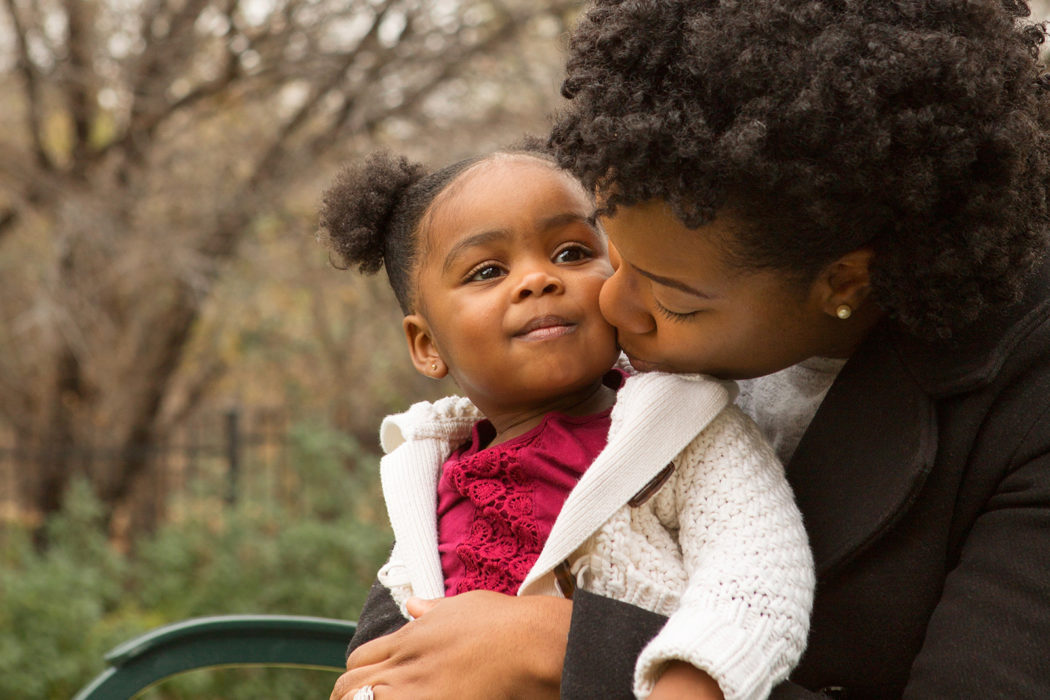Disclaimer: The following post is in partnership with Stress Health, an initiative of the Center for Youth Wellness. All opinions are my own.
Adverse Childhood Experiences (ACEs) are stressful events in a child or adolescent’s life (Felitti et al., 1998). ACEs are very common, and most Americans have at least one. ACEs can happen to anyone and may have lasting effects on health (Gilbert et al., 2015).
To learn your ACE’s score, you can easily access the ACE QUIZ here. Keep in mind, the ACE Quiz is based on the original ACE study. The 1998 landmark CDC-Kaiser Permanente Adverse Childhood Experiences (ACE) Study was one of the largest investigations of childhood abuse and neglect and later-life health and well-being.
An ACE score is NOT an actual medical diagnosis. It is meant to help medical providers better understand a patient’s risk for the effect of a toxic stress response.
Medical providers can use ACEs screening tools to identify children at risk for a toxic stress response.
ACEs are important to be aware of and know about since they are linked to a child’s current and future health. Examples of ACEs include abuse, neglect, and major stressors such as divorce, witnessing a parent’s substance abuse or domestic violence, and other household dysfunctions. Other kinds of difficulty, including community violence, bullying, and poverty, can also lead to health issues without the right support.
With each ACE, the risk of developing mental health issues and illness increases. Ahigher number of ACEs can mean a higher risk of health problems. Your child’s primary care provider may ask about your child’s ACEs (Felitti et al., 1998; Gilbert et al., 2015). Your provider can use this information to guide medical decisions, improve your child’s care, and connect you to helpful services.
The good news
ACEs increase risk, but they don’t have to lead to health problems. When adults consistently care for children and offer support, kids feel safe and secure. They trust their caregivers will lovingly meet their needs. This feeling of security is good for their brains and bodies.
Parenting with ACES
Adults that have experienced ACES and are now parents themselves need to try not to repeat the negative parenting or abuse they experienced when dealing with their own children.
It also means they need to work to heal from their own experiences.
Once you understand if you’ve been harmed by childhood trauma, you can start taking steps to undo it – and perhaps try some new approaches with your children. Here is some science-based advice from StressHealth.org:
1) Realize it’s not your fault. As experts on trauma have pointed out, “It’s not about what is wrong with you; it’s about what happened to you.”
2) Stressed out? Take some deep breaths. Stopping what you’re doing for a few minutes to breathe tamps down your stress response, according to Harvard Health Publishing. Encourage your kids to breathe deeply or even join you in a few minutes of meditation. If you find you’re continually on the verge of a meltdown, consider seeing a mental health professional for help.
3) Build in some rituals. Cooking and eating together, playing Scrabble and other board games, taking a walk around the neighborhood, reading to your kids at bedtime, even sorting clothes together – all these “anchoring” rituals can help create closer, more loving relationships with your children, according to Barbara Greenberg, PhD, a teen, child, and family psychologist licensed in Connecticut and New York. Participating in community traditions that build a sense of belonging is also invaluable, says ACEs expert Dr. Robert Sege of Massachusetts.
4) Consider taking a parenting class, especially if you often find yourself yelling or acting in ways you’d rather not. A recent study found these five parenting programs especially effective in reducing drug use, aggression, and anxiety in the teen years. “Of course, it’s important to realize that when it comes to parenting, not one size fits all,” said Dr. Greenberg. “The class has to make sense for your parenting style and temperament. If the class doesn’t feel right for you, try a different one.”
5) Give your child more undivided attention. Start by putting away your smartphone when you talk with your kids – or when you’re interacting with your baby. Scientists have found that babies develop back-and-forth “conversations” without language by the time they’re 11 months old, but they need to know that you’re listening. She may not develop the needed brain circuitry if her brain isn’t stimulated by talking with an attentive parent, so be sure your phone doesn’t come between you and our child.
With these steps and knowledge of your own ACEs, you’ll likely find it easier to help your child be happy and resilient.



